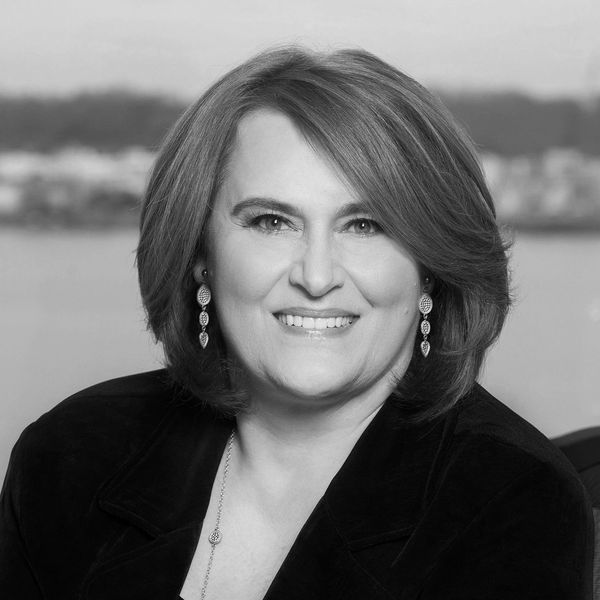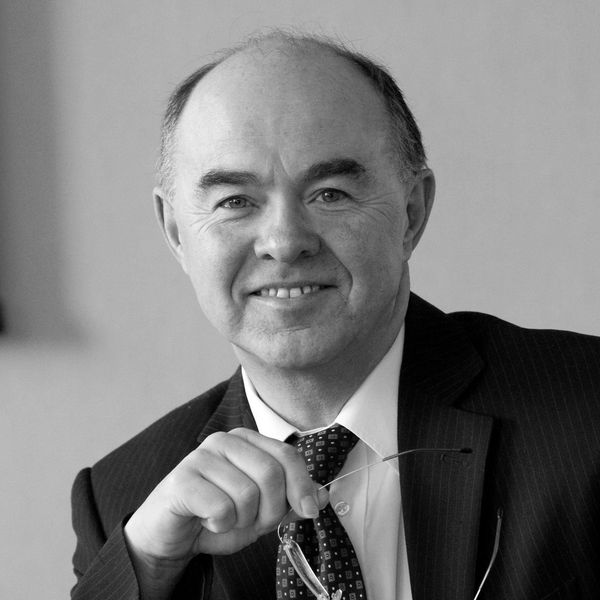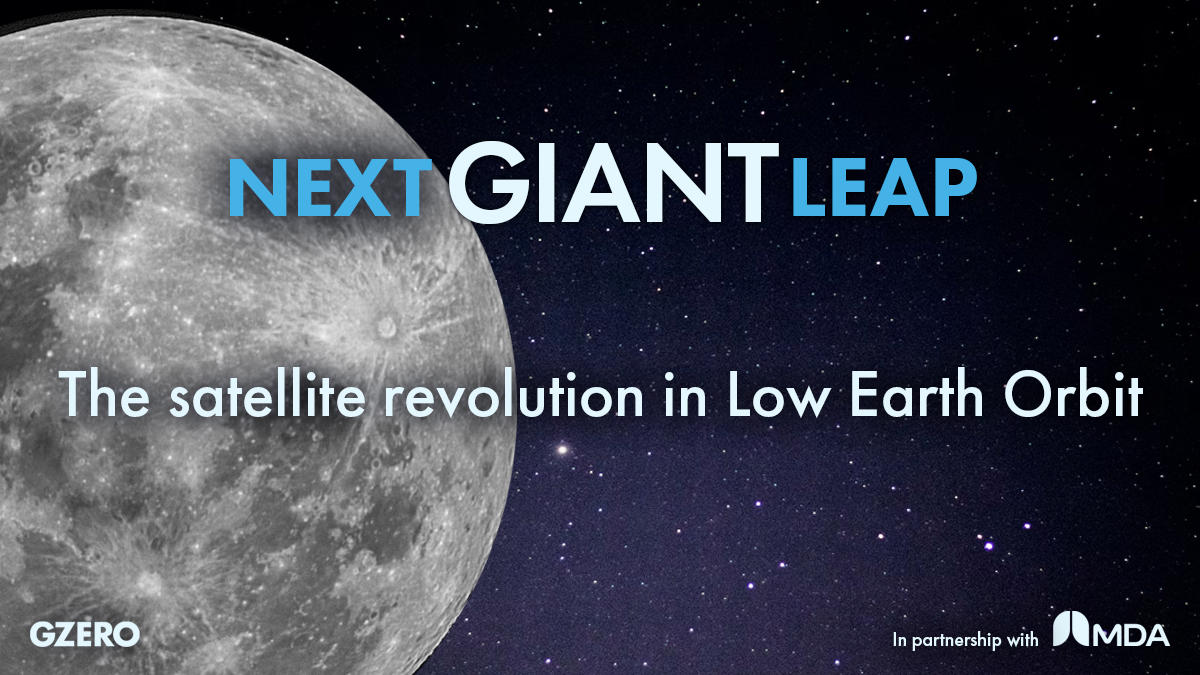Listen: In the last twenty-five years, the number of active satellites orbiting the Earth has increased from about 500 to 8,000. “In the first quarter of this year, we deployed nearly 1,000”, says space industry analyst Carissa Bryce Christensen. She adds, “Instead of a smaller number of very large satellites mostly far away, we are seeing many, many small satellites very close in.”
The latest episode of Next Giant Leap, a podcast produced in partnership between GZERO and the Canadian space company MDA, explores the exponential increase in satellites that are being launched into Low Earth orbit (LEO). This is the zone of space between about 100 and 1200 miles above the Earth.
By the end of the decade, MDA’s Chief Executive Officer Mike Greenley predicts there will be tens of thousands of LEO satellites. Many of them will be the component parts of vast satellite constellations, such as the Starlink network, offering broadband internet. Others will be providing the services which the modern world has come to depend upon: GPS navigation, defense and security reconnaissance, weather forecasting, and remote environmental monitoring. For example, Earth Observation satellites are now the most important source of information on the pace and impacts of climate change.
Our satellite eyes in low Earth orbit have become extremely sensitive, according to Professor Martin Sweeting, founder of the UK company Surrey Satellite Technology Ltd. Some of them are now able to resolve objects less than one foot in size from hundreds of miles above. Artificial intelligence is now being harnessed to process and interpret the vast amounts of data gathered by the new generation of satellites.

Carissa Bryce Christensen. Credit: BryceTech
Carissa Bryce Christensen
Founder and Chief Executive Officer, BryceTech
Carissa Bryce Christensen is the Chief Executive Officer and founder of BryceTech companies in the US and the UK. She previously co-founded defense company The Tauri Group and quantum computing software company QxBranch. Ms. Christensen is an internationally recognized expert on the satellite and space industry, known for rigorous analysis and innovative, data-driven strategy. She co-chairs the World Economic Forum Global Future Council on Space, and chairs the US board of the UN-affiliated Space Generation Advisory Council.

Mike Greenley. Credit: MDA
Mike Greenley
Chief Executive Officer, MDA
Mike Greenley has been the Chief Executive Officer of MDA since 2018. Founded in 1969, MDA is an international space mission partner and a robotics, satellite systems and geointelligence pioneer. Mr. Greenley oversees more than 2,700 employees across Canada, the United States and the United Kingdom. Mr. Greenley has over 25 years of experience in the defence and security business. Mr. Greenley is the Vice-Chair of Space Canada and recently served as the Vice-Chair of the Government of Canada’s Economic Strategy Table for Advanced Manufacturing.

Professor Sir Martin Sweeting
Professor Sir Martin Sweeting
Founder and Executive Chairman, Surrey Satellite Technology Ltd
Professor Sir Martin Sweeting pioneered rapid-response, low-cost and highly capable small satellites, utilizing modern consumer electronics devices to change the economics of space. He is widely regarded internationally as the ‘father’ of small satellites which have changed the nature of the space industry. He is distinguished professor of space engineering at the UK’s University of Surrey. In 1985, he founded the university spin-off company, Surrey Satellite Technology Ltd which has designed, built, launched and operated in orbit nano, micro and mini-satellites for communications & Earth observation, as well as navigation payloads for the European Galileo constellation. Sir Martin is Fellow of the UK Royal Society and the Royal Academy of Engineering.

Kevin Fong. Credit: Anthony Cullen
Dr. Kevin Fong (host)
Professor, Department of Science, Technology, Education and Public Policy (STEaPP) at University College London
Kevin Fong is a senior emergency care physician and anesthesiologist in the UK’s National Health Service. He is also an expert in space medicine and has worked as a researcher in NASA’s human spaceflight program in Houston. He is also a broadcaster who has hosted many radio and television shows, and podcasts on space flight and exploration. They include the BBC hit podcast ‘13 Minutes to the Moon’.
- The Graphic Truth: Space junk — enter the trashosphere ›
- Next Giant Leap: New frontiers and the business of ... - GZERO Media ›
- Mission to the Moon, with Artemis II astronaut Jeremy Hansen ›
- Amazon satellites and Project Kuiper: next steps in Big Tech space race ›
- The future of space: congested and contested - GZERO Media ›






